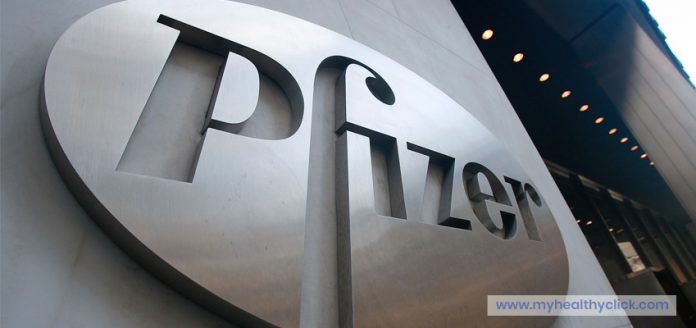Trastuzumab is a blockbuster breast cancer drug that is sold under the brand name Herceptin by a Switzerland-based pharma giant Roche.
Pfizer’s Trastuzumab biosimilar has demonstrated noninferiority when compared with the branded drug Herceptin in a couple of randomized trials of patients with metastatic, nonadjuvant breast cancer.
Treatment with Pfizer’s Trastuzumab biosimilar with Paclitaxel had objective responses in 62.5% of patients with metastatic HER2-positive breast cancer when compared with 66.5% for European-sourced (EU) Trastuzumab and Taxane. This difference met statistical requirements for noninferiority.
These two treatment groups had identical progression-free survival (PFS), as published in the British Journal of Cancer (BJC).
Mark D. Pegram, MD, of Stanford University in California, said in the current study, Pfizer’s Trastuzumab plus Paclitaxel demonstrated bioequivalence to trastuzumab-EU plus paclitaxel with no notable differences in safety or immunogenicity profile. He added that there was also no significant difference in the duration of response and overall survival.
He wrote, “As part of the totality of the evidence for assessing biosimilarity, these results are consistent with, and build upon, earlier analytical, nonclinical, and clinical comparisons of PF-05280014 and reference trastuzumab.”
The breast cancer drug has attracted great interest among biosimilar developers. The FDA has already approved three generic versions of Trastuzumab: Ogivri by Mylan and Biocon, Herzuma by Celltrion, and Ontruzant by Samsung Bioepis. The European Medicines Agency has approved four Trastuzumab bioequivalents.
The FDA, in April 2018, sent Pfizer a complete response letter for its Trastuzumab biosimilar, citing for information that is more technical.
The two breast cancer studies have reported that Pfizer’s Trastuzumab biosimilar is noninferior to its branded counterpart.





















